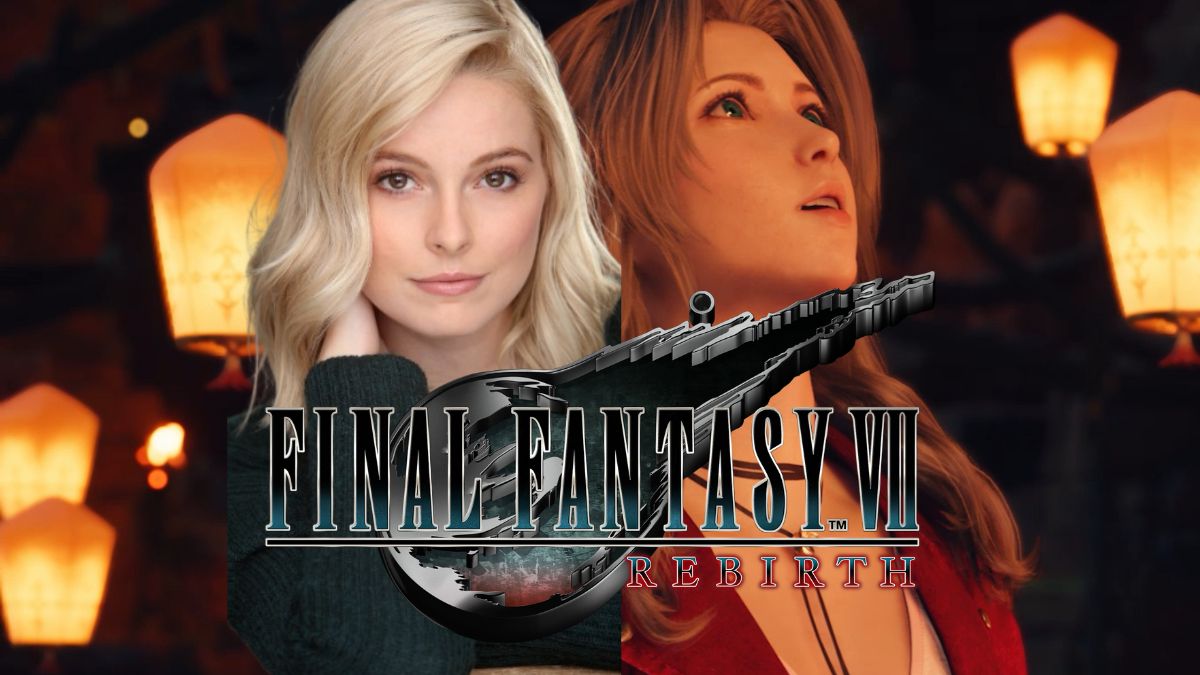As a rule, Star Wars isn’t pitched at religious skeptics; after all, the bonafide mysticism baked into the franchise doesn’t leave much room for doubt. But this month 20 years ago, Obsidian Entertaiment’s Star Wars: Knights of the Republic II – The Sith Lords bucked tradition by catering to atheists.
This 2004 video game sequel dared to ask a simple question: what if the Force doesn’t care? What if it’s not the metaphysical rudder at the heart of a sprawling battle between good and evil, but simply an ambivalent cosmic power that shunts people towards their destiny without considering their well-being?
It was a bold concept in 2004, and it’s lost none of its potency today. On the contrary, Knights of the Old Republic II arguably remains the only Star Wars title – video game or otherwise – to extend an olive branch to the non-believers among the saga’s fanbase.
The Spiritual Status Quo in Star Wars, Explained

It’s no secret Star Wars creator George Lucas cobbled together the moral and spiritual framework for his galaxy far, far away out of various real-world religions. Lucas himself has acknowledged this many times over the years. But then he could hardly deny it; even a non-scholar can tell the Force contains elements cherrypicked from Christianity, Buddhism, Taoism, and more besides.
It boasts messiah figures and satanic stand-in devils. It’s divided into divine and diabolical moral poles, while lacking a supreme being (although Star Wars: The Clone Wars‘ god-like Father/Son/Daughter trinity comes close). And crucially, Lucas’s stitched together spiritualism – like so many real-world belief systems – skews in our heroes’ favor.
Related: X-Men Producer Working on Star Wars Episodes X-XII
Yes, the Force has a Dark Side, and yes, that Dark Side facilitates breathtakingly evil acts. Yet its natural state (as implied by the Chosen One prophecy) is balance; a harmony that keeps disproportionately bad things in check. It’s not enough to simply trust the Force to sort stuff out – Han Solo calls baloney on that mentality in Star Wars: The Force Awakens – however, it’s also not unreasonable to assume the Force has your back if you serve the Light Side. In its own impersonal way, the Force wants the goodies to win.
If you’re a religious person, this idea of a prevailing, positive energy underpinning the universe no doubt resonates with you. How could it not? It tracks with your world view. But if (like me) you were raised on religion but gradually drifted away from it, Star Wars‘ insistence that there’s some greater, better order at play throughout the universe is sometimes hard to swallow, even allowing for the franchise’s sci-fi fairy tale nature.
Knights of the Old Republic II Upended Star Wars’ Morality – And Religion

Enter: Knights of the Old Republic II. Here was a Star Wars game that challenged the franchise’s morality. In The Sith Lords, it isn’t as simple as “do the right thing, get rewarded in the long run.” The game’s standout NPC, ex-Jedi/ex-Sith Kreia, constantly reminds players that good deeds often have not-so-good consequences. Save a bullied alien, save the galaxy entire? Not so much.
Knights of the Old Republic II wasn’t walking the company line regarding Star Wars‘ spiritual fabric, either. Again, Kreia was at the heart of this; the longer The Sith Lords goes on, the more she bends your ear about the true nature of the Force – and she doesn’t paint a flattering picture. To Kreia, the Light and Dark Sides are an illusion. There’s just the Force: an indifferent mystical manifestation. For those who no longer vibe with Yoda’s pro-Force homilies in Star Wars: The Empire Strikes Back the way they used to, this point-of-view was (and still is) profoundly refreshing.
Related: George Lucas Nearly Retconned One of Star Wars’ Most Important Characters
Admittedly, Kreia has clearly gone off the deep end. Nor is she strictly speaking an atheist. Instead, Kreia’s convinced the Force is a sentient being that uses destiny to keep her and everyone else in the galaxy in chains. That’s why she wants it dead (seriously). Still, the underlying principle of her argument – that there’s no higher power out there backing your best interests – will likely strike a chord with most of Star Wars‘ atheist adherents.
It’s not that we want Kreia to be right; plenty of atheists aren’t against the idea of a benevolent god (or magic energy field) steering the ship. It’s that deep down, we can’t shake the feeling she’s on the money. Sure, Knights of the Old Republic II ultimately suggests this isn’t the case (no way is Lucasfilm letting that fly, then or now). But once something’s heard, it can’t be unheard.
Why Knights of the Old Republic II Is a Big Deal for Atheist Star Wars Fans

So, for me, that’s Knights of the Old Republic II‘s true legacy these past 20 years: it expanded the Star Wars tent to better accommodate us atheists. Like I said earlier, it doesn’t matter that Kreia was a few banthas short of a full herd. Nor does it matter that the franchise never really expanded on her teachings post-The Sith Lords (The Acolyte interrogated the Jedi, not the Force itself). That Knights of the Old Republic II had someone put forward a credible argument in favor of an uncaring Star Wars universe where predestination isn’t all it’s cracked up to be is hugely significant.
Related: Star Wars Outlaws and The Acolyte Share One Major Issue
It’s a reference point for atheists to call back to whenever we’re not clicking with our favorite franchise’s religious overtones. Can’t reconcile Alderaan’s destruction with a Force that gives a damn? Just repeat this mantra: Kreia Was (Mostly) Right. And so on down the line, whether it’s Youngling murders or Han Solo getting skewered by his own kid. You can put an atheism-friendly spin on every cosmic injustice in Star Wars – and it’s all thanks to Knights of the Old Republic II.
Star Wars: Knights of the Old Republic II – The Sith Lords is available on PC, Xbox Series X/S, Xbox One, and Nintendo Switch.






Published: Dec 6, 2024 10:00 am